Packing Tips, By An Old Hand - TALES FROM THE FIELD
I came late to the aid business. While most field workers start in their 20s, I was in my 40s when I joined an international NGO that offered long term care to orphans and vulnerable children.
The job took me around East Africa, often to remote areas, sometimes to conflict zones, and occasionally to tourist destinations. I usually stayed in the NGO guesthouse – simple yet comfortable. Sometimes the guest house didn’t exist, such as when the Lord’s Resistance Army ravaged northern Uganda. The only safe place to sleep was in town and I would be booked into a local hotel, usually noisy, sometimes clean, always cheap.
All comfort, I learnt, is relative. Alone at night in a strange place with poor lighting and a one channel TV broadcasting in a language I didn’t understand, made me aware that the smallest things can make a difference. Through trial and error I gradually built up a list of items, (besides a good book) that became essential parts of my packing and which, I suggest, should be included in the luggage of every aid worker.
Rechargeable or wind up torch - and not just to read a book. Power cuts are a part of life in Africa and a torch is better than a candle when you’re trying to find the loo. During severe power rationing in Tanzania many nights were without electricity. Mostly I retreated to bed with my book, but when the power was cut 30 minutes before President Obama’s first inauguration I threw a wobbly, insisting that the precious project generator be turned on so that we could all be part of that moment in history.
Short wave radio. Mine, bought at duty free on my second trip to Ethiopia, was always invaluable, allowing me to drift off to the comforting sounds of the World Service. In 2010 I spent a month in Haiti and to save weight in my hand luggage, the radio was ditched. Big mistake. Even though the available wifi meant that I could download podcasts, computers with no sleep button just aren’t the same.

Lavender oil – a miracle essence in a tiny bottle that induces sleep, discourages insects, and a whole lot more. African nights are rarely quiet. Whether it’s the local disco, a choir of tree frogs, or rain pounding on a tin roof, a drop of lavender oil on my pillow always had a calming effect.
A kikoi. Usually my bedroom in the guesthouse had a small shower, but sometimes several rooms shared one bathroom. For those moments a Kenyan ‘kikoi’ (a woven cloth traditionally worn from the waist down, by men, but these days a Western fashion accessory) was invaluable. Apart from protecting my modesty, it also served as a shawl on cool evenings, a cover up when bare shoulders risked offence, a curtain, and even a towel.
Mosquito repellent – and not just to keep the mosquitoes away. The sweet smelling cream sold by most Kenyan supermarkets had the added bonus of serving as a body moisturiser and meant one less thing to pack.
High factor sun screen. While TV foreign correspondents often appear red-faced after a couple of days in Africa, aid workers know better. In high altitude towns like Addis Ababa the day often begins with heavy clouds and lowish temperatures, but forget the sunscreen at your peril. According to one of Nairobi’s best skin surgeons, while you can get away with factor 15 at Kenya’s coast, Nairobi, at nearly 2,000 metres, requires double that to assuage the potential damage of high altitude UV rays. Addis is even higher.
Chocolate, if possible Swiss, bought in duty free. I wasn’t fussy about meals and the guesthouse food was palatable, but when I couldn’t face another plate of injera (an Ethiopian spongy bread used to mop up sauces) I could always look forward to my chocolate.
Pencils – not for me, but to give away to children. They don’t encourage dependency and are a nice way of saying thank you when invited into someone’s home. In one of my first trips to northern Uganda I interviewed a 15 year old girl, head of an orphaned family of six, who owned nothing but her clothes. I wanted to give her something and so gave her the only usable thing in my bag - a fold up comb. I wished I'd had pencils for the all the children.
Credit card. I was due to leave Haiti a week before elections, and the airport at Port au Prince was overflowing. When I finally reached the check-in counter the clerk told me that my ticket had not been paid for. Suspecting a scam and arguing for 30 minutes, I eventually brought out the plastic, figuring that the credit card receipt would be enough to get me a refund. It was a bitter ending to my month in Haiti, but with elections looming I knew it would be difficult to get another flight. As it turned out the check-in clerk was right. Faced with a complicated ticket from Nairobi to Haiti, via Dubai and New York, the NGO’s travel agent had omitted to pay for the return journey. I owe those Haitians an apology.

.jpg)
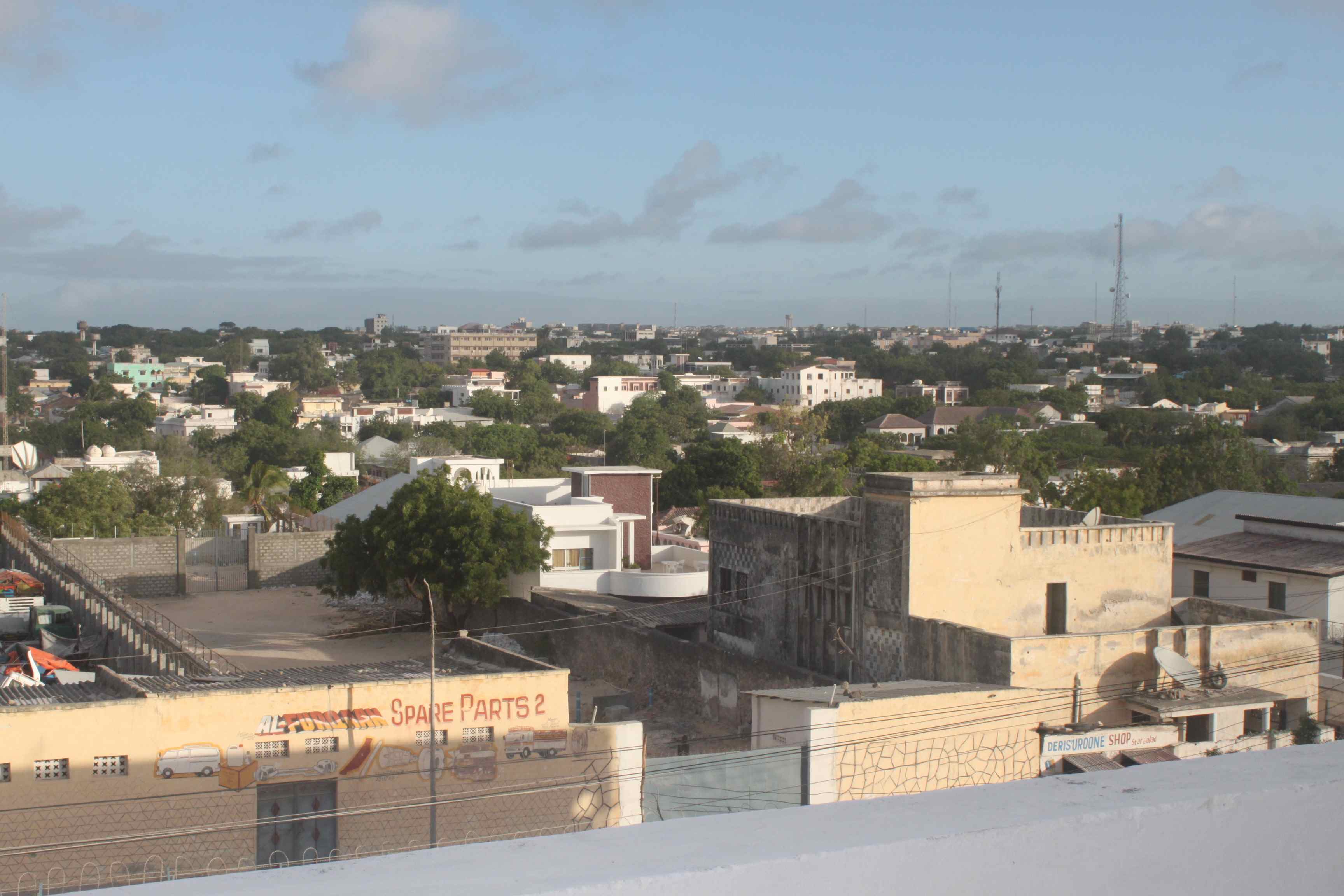
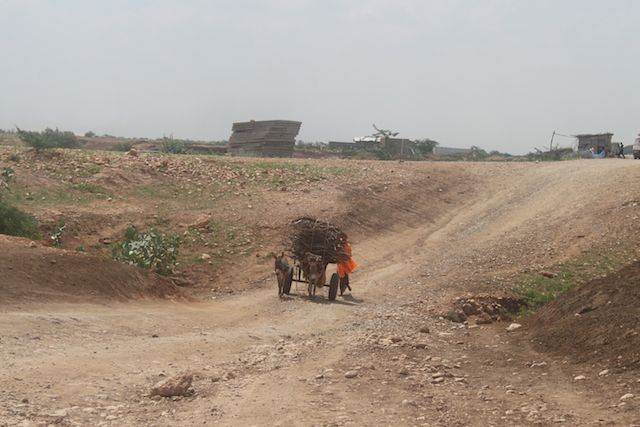
.jpg)
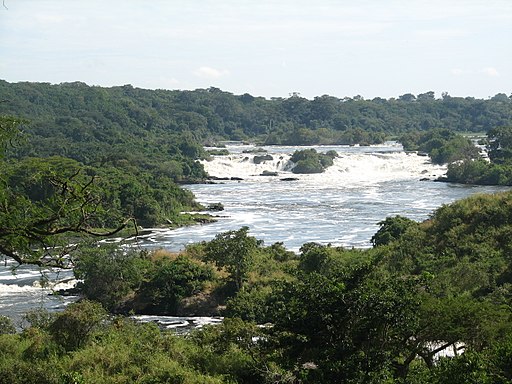

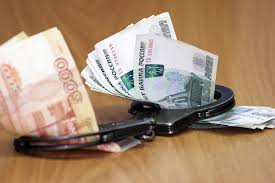
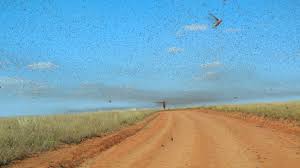

Post a comment